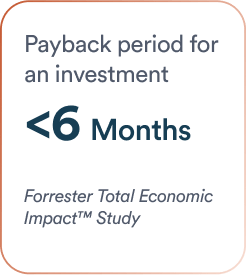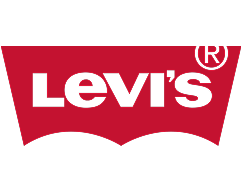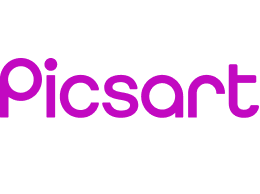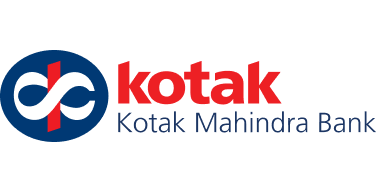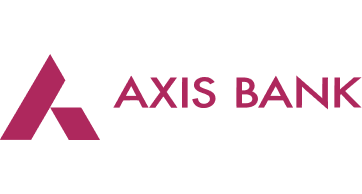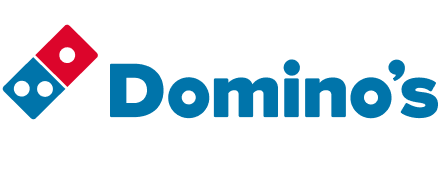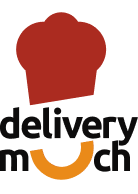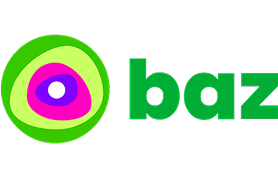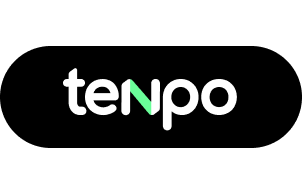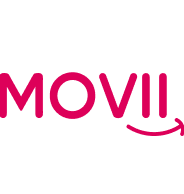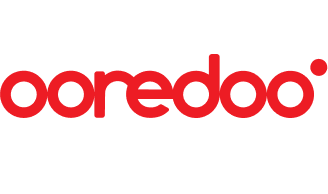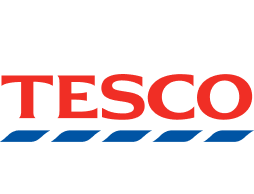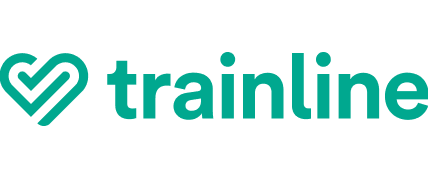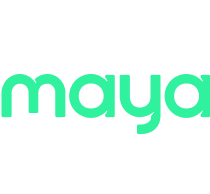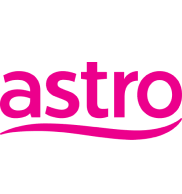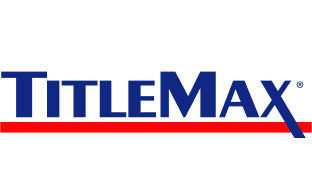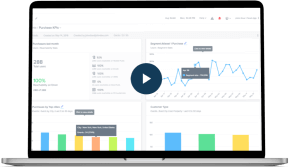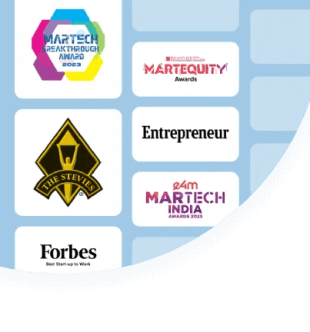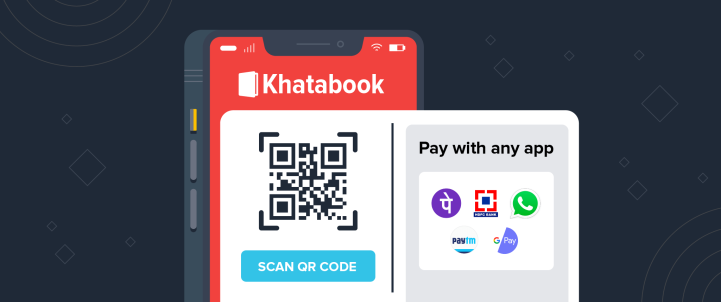Merchants aren’t just prioritizing digital investments to meet the needs of mobile-first customers who are wary of physical stores or simply prefer the convenience of shopping online. Small and medium-sized businesses (SMB) are also relying on mobile apps to optimize operations, streamline payments, and capitalize on the opportunities presented by an accelerated change.
The shift is seismic in countries like India, which now counts more Internet users in rural areas than urban cities. Unlike in the U.S., where the steep decline in the number of local shops and malls, accelerated by the pandemic, has left a landscape of retail deserts, India’s merchants are bouncing back. They number some 60 million (many neighborhood shops) and they currently contribute 40% to the country’s GDP – and that share is set to grow as more SMBs embrace fintech apps to improve operations and marketing.
Little wonder that digital payment apps and other business tools that help merchants connect with customers and conduct business online have witnessed such tremendous growth in the last months.
A prime example is Khatabook, a B2B ledger app that helps SMBs track and manage transactions. It ranks among India’s fastest-growing fintech startups and currently counts more than 10 million active users across 13 local languages. As of February 2021, Khatabook has recorded $100+ billion in cumulative transaction value by merchants.
Bridging the Business Worlds with Relevant Communications
The idea behind Khatabook is simple. While an increasing number of SMBs are now mobile-first in much of their business operations, many still turn to traditional ledger books to do their accounting. Khatabook offers them a simple alternative. Users can record all transactions and maintain a digital record. They can also track business transactions safely and securely, collect online payments, and send periodic reminders to creditors via SMS and WhatsApp. Scheduling payments, sending detailed weekly or monthly reports, sharing payment links and QR codes are some of the app’s features.
It’s the playbook that has allowed Khatabook to raise $100 million in a Series C financing round. The company, now valued at close to “$600 million” has also branched out into a suite of products to help SMBs digitize their bookkeeping and manage their expenses and staff. These include Pagarkhata, a staff and salary management platform, and MyStore, which helps merchants take their business online in just 15 seconds.
Bridging the business worlds, Khatabook caters to two main audiences: companies accustomed to doing business digitally and merchants just getting started. “In both cases, relevant communications linked to localization is a key part of what allows us to engage effectively and appropriately,” says Ved Prakash, Head of Marketing and Growth at Khatabook.
Prakash, who recently shared his rules for retention marketing for inclusion in the Rethink Fintech Playbook, emphasizes the importance of personalization and localization to fuel growth. “We marry the user’s location with the language they choose in the app,” he explains. Combining those data points with other aspects of the user profile based on the ad and the channel that converted the customer in the first place helps Khatabook shape and adapt its segmentation strategy.
How can an app stay top of mind at a time when businesses were forced to close during lockdown? Khatabook met the challenge head-on, delivering content customized to customer segments and how they interact in the apps. The approach, powered by personalized messages, has allowed Khatabook to increase click-to-conversion rates by 3% month-on-month.
Gamification, videos based on the user’s specific business category, and quizzes that entertain and educate users have been instrumental in keeping users active and loyal, Prakash says. And there’s an additional advantage for the company and its customers: shareability. Relevant advice and helpful tips travel fast. “It starts with a personal connection with merchants, and they become the connectors, introducing the app to others in their business community.”
Harnessing Segmentation for a Personal Touch
Khatabook works with CleverTap to improve segmentation and pinpoint where and when users either progress in the app or hit a dead end. “Knowing the stage where a user drops off or understanding how recently and frequently a user segment interacts with the apps allows us to communicate in ways that inspire user segments to come back or do more,” Prakash says.
Insights into geolocation equip Khatabook to customize messaging before users choose their preferred language. “If I know I converted a user through an ad in Hindi, for example, then I can be confident that messaging them in Hindi is a fit.” This allows Khatabook to customize communications from the get-go and move users through onboarding quickly.
What’s more, Prakash says, is that understanding that more than 55% of all users come from tier-two cities in India helps Khatabook prioritize future features and where they can add real value. “Language inclusion and simplicity: these are the factors that fuel our growth.”
How Customer Education Fuels Growth
Good apps help users get stuff done. Great apps like Khatabook show them how, by harnessing customer education and personalized messaging to providing guidance and instruction that creates value for everyone. “Our goal at Khatabook is end-to-end digitization and creating an MSME tech ecosystem,” says Manasi Shah, Head of Communications at Khatabook. It’s an ambitious goal that Khatabook has achieved with the help of segmentation that allows the company to personalize campaigns and, more importantly, customer education.
Appearing as a guest on the Reimagine Growth podcast series, Shah explained how the fast-growing app has experienced 40x growth since 2019. She also discussed how customization in communication and education empowers users, creating new opportunities for her company to power lifecycle campaigns and ultimately encourage the use of new app features.
Khatabook uses segmentation to “educate users at a different point in the customer lifecycle, about features that add value at that specific point,” she says. “We leverage past behavior segmentation and dynamic segmentation to find a relevant segment for the campaign.” Moreover, Khatabook relies on CleverTap’s “powerful segmentation engine to put users into cohorts using the combination of events and user properties to define segments.”
Helping users every step of the journey and ensuring they understand the app step-by-step is instrumental to driving use and building trust, Shah says. This is where functional communication, helpful advice, assistance and instruction delivered in the right context and the right language has improved CTRs by 3-4x, Shah says. “CleverTap’s dynamic segmentation is something we use extensively. So, it’s effectively improved the onboarding funnel for us.” Deeper in the funnel, “user analytics really help us engage with users across different messaging channels, and that has helped [in] boosting the retention.”
Multiple languages and multilingual customer education are at the core of what has allowed Khatabook to grow its audience, Shah says. Moving forward, diversity will remain at the core of the product and the company. “From an organizational perspective…if you want to reflect the diversity of the user base that you are addressing, you yourself have to be very inclusive and diverse.”
The Takeaway
TL;DR
Relevant content keeps relationships fresh, even in lockdown. Follow the Khatabook playbook and harness data to segment users and send regular, relevant updates that your customers will appreciate.
Mix it up. Messaging around product features is fine, but harness gamification, quizzes, and video to inform and entertain users. Customer education should be focused on using app features. When this is done well it doesn’t just result in longer sessions, it drives longer-lasting retention.
Tap every user at the right touchpoint. Set up journeys and funnels to encourage users who have not completed certain interactions or transactions to come back to the app.
To learn more about how Khatabook is reimagining growth, tune into the entire interview.
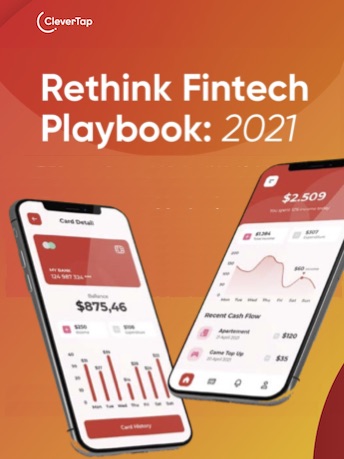
Rethink Fintech Playbook: 2021
Subharun Mukherjee 
Heads Cross-Functional Marketing.Expert in SaaS Product Marketing, CX & GTM strategies.
Free Customer Engagement Guides
Join our newsletter for actionable tips and proven strategies to grow your business and engage your customers.



